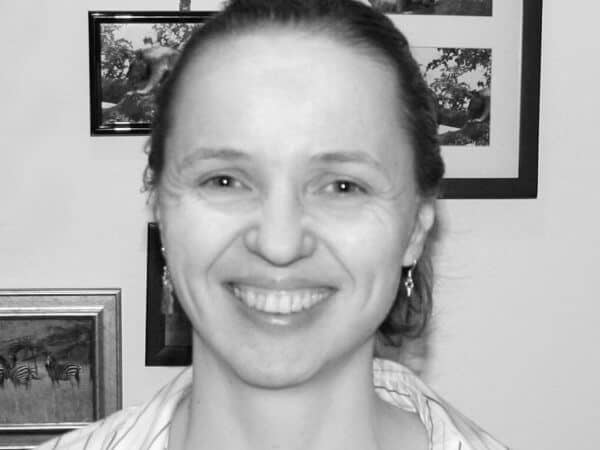Longitudinal study or time-lapse movie making - these could be two ways to characterize the five films we bring you in today's article. Some of them are documentary movies, another occupy the border between movies and documentary films, and they take a little bit from both. Sometimes production took several years or even decades. The action is usually quite slow, and the plots tend to be less important than the character development.
Boyhood (2014)
{youtube}Y0oX0xiwOv8|600|450{/youtube}
You have seen films where a child”s part is switched to another actor as soon as the character ages to the point where the original actor is no longer credible. Nothing like that happens in Boyhood. Director Richard Linklater left nothing to chance, creating a movie where the actors literally age in front of your eyes, most obviously in the case of the main character, Mason (Élan Coltrane). The cast also includes some well-known names, including Patricia Arquette and Ethan Hawke. Production took twelve years, with the cast meeting the same time each year to film a few scenes which, in the end, became an original, sensitive, and very good movie.
Everyday (2012)
{youtube}jjv3jI151JE|600|450{/youtube}
Another time-lapse movie, this one filmed over a period of five years. The actors are professionals, but the performances create the illusion that you have stumbled into the middle of the characters’ private lives. The father is imprisoned on a drug smuggling charge, and the mother (played by Shirley Henderson) begins a daily struggle to make enough money to keep her temporarily broken family together. The children in this movie are absolutely fabulous, and genuine. They show the full range of emotions when they meet their father again, including tears.
Up Series (1964 – present)
{youtube}UcrTX6x_qpw|600|450{/youtube}
Unquestionably the longest study in our collection. This documentary series by Granada Television explores the lives of fourteen British children observed over a 56-year period with the results thus far collected into eight episodes in thirteen parts. The project began with a focus on children conducting themselves in ways that conformed to their socio-economic status, consistent with the assumption, commonly assumed in Britain in the early 1960s, that the social class into which children were born would pre-determine their future. The fourteen were Andrew, Charles, John, Suzy, Jackie, Lynn, Sue, Tony, Paul, Symon, Nick, Peter, Neil, and Bruce. Some of them were absent during certain episodes; Charles dropped out at the age of twenty-one; and the most surprising member of the group, Neil, made a series of unpredictable moves, dropping out of school, living on the street for a while, and then running for office, finishing third in the 2010 general election running as the Liberal Democratic candidate for Carlisle.
Born in the USSR (1991 – present)
{youtube}jSWkio3QKho|600|450{/youtube}
Conceptually similar to the Up Series film, Born in the USSR was directed by Sergei Miroshnichenko. Here, too, the focus is on children – twins Stas and Dennis, Tanya, Almaz, Rita, Andrei, and Asya – and their development as observed at seven year intervals. Beginning when the children were seven, they are now approximately 30 years old. Some have left to go abroad. The series aims to track the lives of children born in the waning years of the Soviet Union and their development since the early 1990s. What were their dreams, what happened to them along the way, and what are their lives like now?
Marital Etudes by Helena Trestikova (1987 – 2006)
Helena Trestikova is a Czech director who began studying six marriages back in the ’80s. The series generated a positive response, so she decided to re-visit the couples after a 20-year break, calling the resulting film Marital Etudes. One of the couples separated, and the wife’s experience bringing up two children was so dramatic that decided to make a separate film about her, which appeared using her name, Marcela, as the title. The public reacted strongly to her daughter’s death in childhood, and she was the recipient of an upsurge of both emotional and financial support from the public.
Trestikova specializes in documentary movies. Her latest film is based on the life of the controversial first republic actress Lida Baarova, who had an affair with one of the Third Reich’s most notorious figures, Joseph Goebbels.
Photo: rottentomatoes
Support us!
All your donations will be used to pay the magazine’s journalists and to support the ongoing costs of maintaining the site.
Share this post
Interested in co-operating with us?
We are open to co-operation from writers and businesses alike. You can reach us on our email at [email protected]/[email protected] and we will get back to you as quick as we can.










